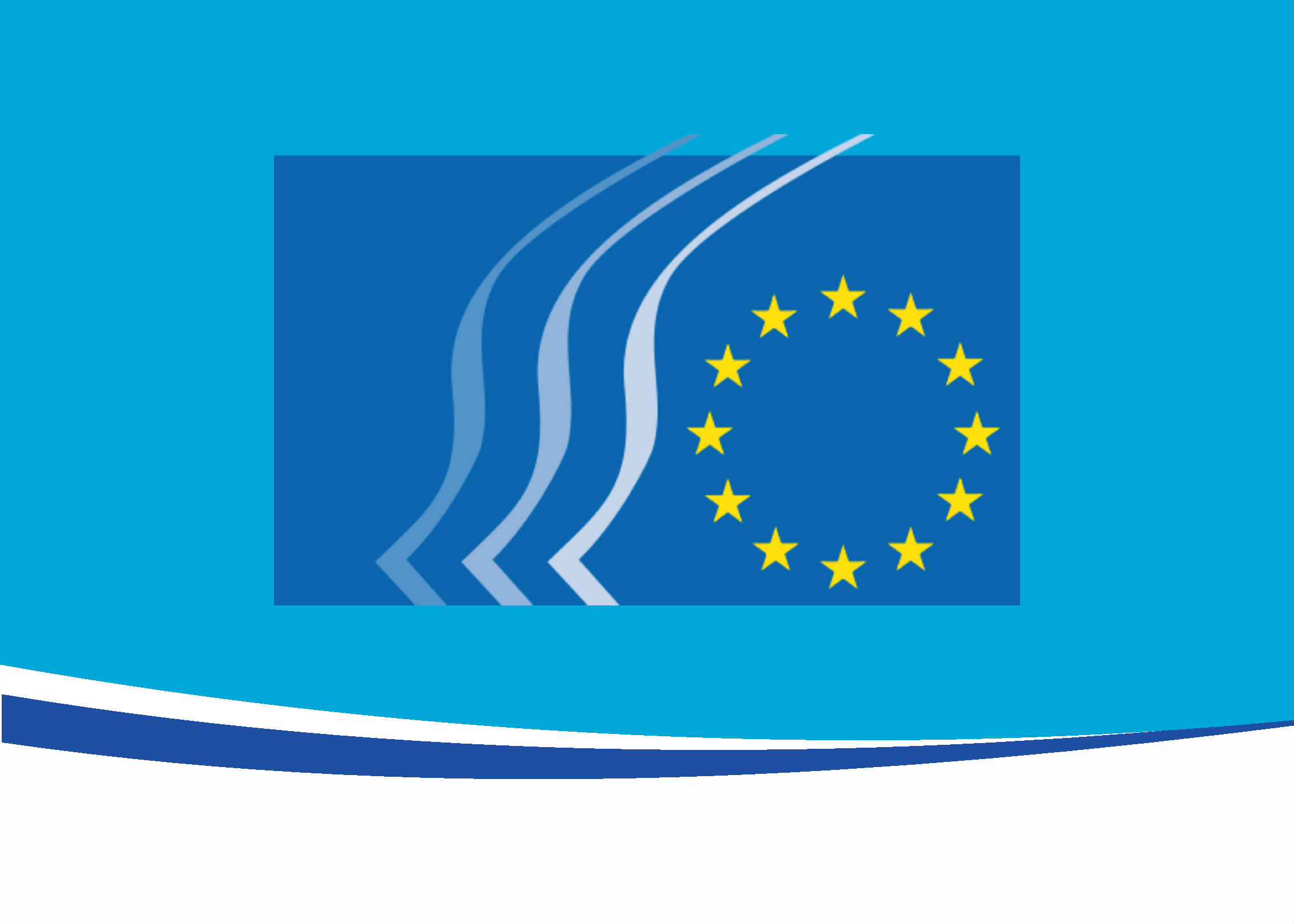Statement of the President of the Employers' Group
On 20 February 2019 the EESC adopted an opinion calling for an EU framework directive on minimum income. The Employers' Group fully shares the view of the EESC that fighting against poverty is a necessity. However, for us the instrument proposed in the opinion is not the correct one. For this reason, the Group tabled a counter-opinion, presenting its views on measures needed to reduce poverty. The counter opinion was supported by almost 40% of the EESC Members.
Reducing poverty should be a joint commitment of the EU and Member States. The EU should focus on reforms and on creating good conditions for companies to create jobs. Well-functioning economy and sound economic and labour market policies are a starting point to be successful in this.
Member States' minimum income systems have an important role in the fight against poverty. The Employers' Group believes that national level action is appropriate but also the most efficient. It ensures that minimum income systems are tailored to fit in the traditions and characteristics of each Member State’s social protection systems.
However, minimum income alone cannot deliver results in fighting poverty. Besides the foundation formed by sound economic and active labour market policies, a targeted mix of other policies and actions such as adjustment of employment policies and services, social and health services is needed.
There is also an important role for the EU: it should encourage and guide Member States, in the framework of the European Semester, in developing and further improving their minimum income systems through benchmarking and mutual learning.
The Employers' Group believes that the constructive and comprehensive approach proposed in the counter opinion is fully in line with the spirit of the European Pillar of Social Rights which should be implemented in full respect of the division of competences between the EU and the Member States and taking into account diversity of national systems and different socio-economic circumstances.
The result of the vote at the EESC Plenary Session – almost 40% in favour of the counter-opinion – clearly shows that the Committee is divided on the means to reach the EESC's shared goal of poverty reduction.
The Employers' Group believes that any proposals in that field must reflect current conditions, needs and economic performance in the Member States as well as economic sustainability in a long term. It must also respect the principle of subsidiarity.
For all these reasons, the Employers' Group put forward its approach to reduce poverty as described in the counter-opinion (link here) and has systematically been against the idea of a European framework directive on minimum income.






